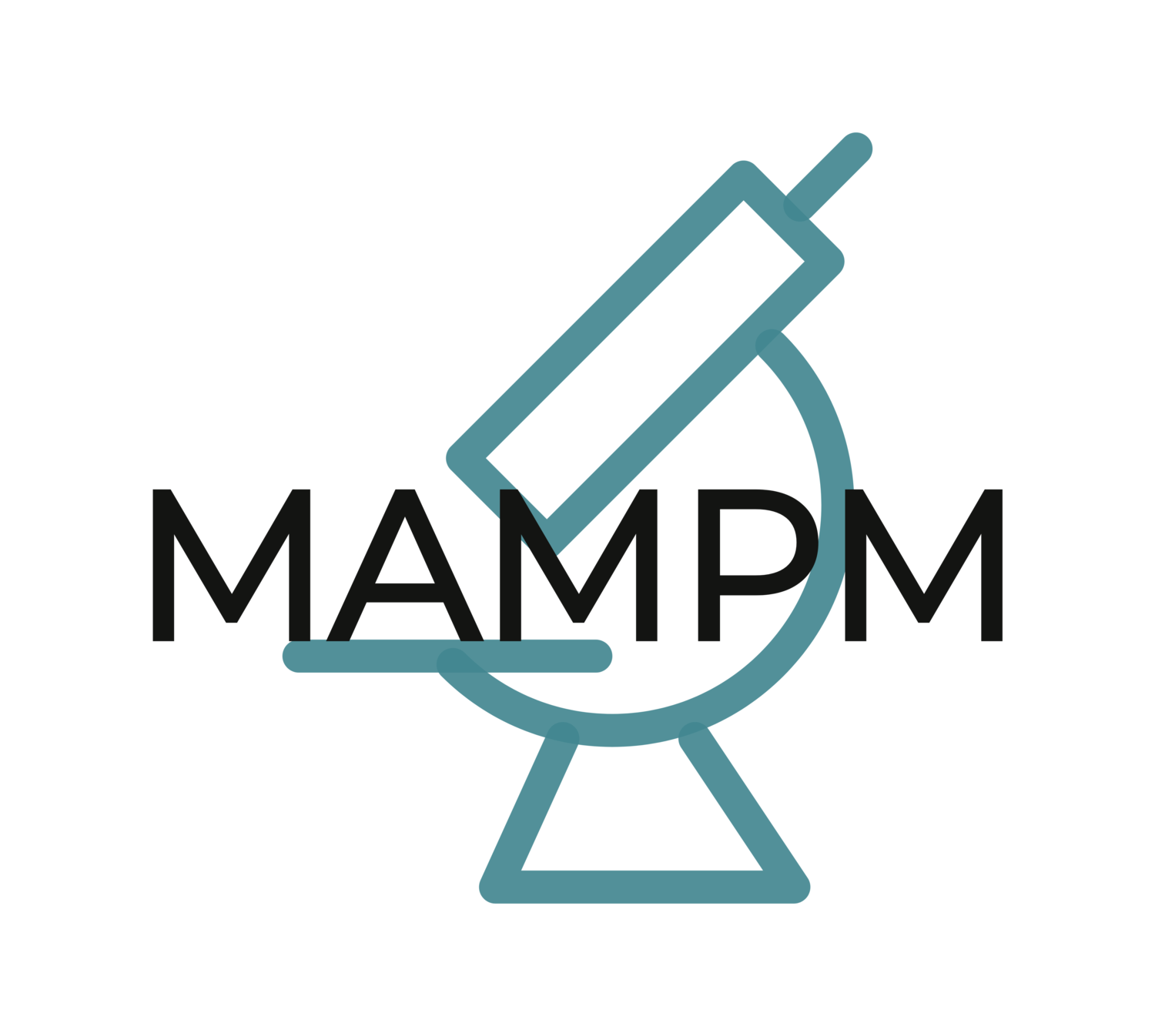Registration for MAMPM 2027 will open in fall 2026!
PREMIER SPONSOR
Thank you to Cerillo for once again being the Premier Sponsor of MAMPM.
Visit cerillo.bio to learn more about their products.
MAMPM Mission Statement
The goal of the Mid-Atlantic Microbial Pathogenesis Meeting is to foster communication and collaboration between scientists engaged in pathogenesis research in the Mid-Atlantic region. An important aspect of this is providing an opportunity for graduate students and post-docs to present their work to a knowledgeable audience, focused in their discipline, in a relaxed and collegial environment. Each session will lead off with an invited keynote speaker followed by talks by principal investigators, post-doctoral fellows and graduate students drawn from the submitted abstracts. Poster sessions will provide an additional opportunity for participants to present and discuss their work.
The organizers of the MAMPM strongly encourage women, minorities, and persons with disabilities to participate in this conference. Persons with disabilities can voluntarily identify any special needs on the MAMPM registration form and conference organizers will contact you and make plans to accommodate these needs.
MAMPM Code of Conduct
The Mid-Atlantic Microbial Pathogenesis Meeting (MAMPM) is committed to the open sharing of scientific ideas. We support a respectful environment for all participants at this conference. We are dedicated to providing a safe and welcoming environment for all, regardless of race, ethnicity, gender, gender identity and expression, sexual orientation, disability, religion, national origin, or other protected characteristics. We expect all attendees to treat others with respect and consideration and to contribute to a safe and positive conference experience in which participants can discover, consider, and communicate knowledge toward improving public health.
MAMPM maintains a zero-tolerance policy for illegal or inappropriate behavior or harassment of any kind at the conference. By registering for and participating in MAMPM, attendees agree to adhere to this policy and the following Code of Conduct:
No form of harassment or bullying will be tolerated. Harassment is defined as unwanted and unwelcome attention or other conduct that creates an environment where a reasonable person would feel unwelcome, intimidated, excluded, or abused. Harassment based on gender, race, religion, national origin, age, marital status, personal appearance, sexual orientation, gender identity or expression, family responsibilities, disability, and any other personal characteristic is strictly prohibited. Inappropriate use of nudity and/or sexual images in public spaces, including presentations, is considered a violation of the meeting Code of Conduct and will not be tolerated. These expectations apply at all times at the conference venue.
This Code does not address every situation or ethical dilemma that may be faced by MAMPM attendees. Each person is expected to exercise good judgment absent specific guidance from this Code or other policies and procedures.
If a participant experiences or witnesses harassment, they should contact Conference Staff and/or Conference Organizers as soon as possible, or contact security if they feel unsafe. Venue security and local police may be contacted if violators pose an imminent threat to others or are disrupting the event. Email contact information for confidential reporting to the Conference Organizers is provided below and on the MAMPM website (MAMPM.org). The Conference Organizers are committed to maintaining the confidentiality of those reporting incidents or concerns. If there is a perceived conflict of interest with the Conference Organizers, individuals may also contact MAMPM staff via the website (https://www.mampm.org/contact). Violation of the Code of Conduct may result in the offender being asked to leave the conference without warning or refund and/or being barred from attending future conferences. This policy applies to all conference attendees, speakers, exhibitors, and guests.
Individuals who have questions, concerns, or complaints related to harassment are also encouraged to contact the Conference Organizers. Individuals may notify the NIH about concerns of harassment, including sexual harassment, discrimination, and other forms of inappropriate conduct at NIH-supported conferences though the NIH’s Find Help webpage: https://grants.nih.gov/grants/policy/harassment/find-help.htm
Complaints may also be filed through the HHS Office for Civil Rights (OCR). Information about how to file a complaint with HHS OCR can be found on the OCR webpage: https://www.hhs.gov/civil-rights/filing-a-complaint/index.html. Filing a complaint with the conference organizer is not required before filing a complaint of discrimination with HHS OCR, and that seeking assistance from the conference organizer in no way prohibits filing complaints with HHS OCR.
Conference Organizers
Matt Lawrenz (matt.lawrenz@louisville.edu) Kimberly Davis (kdavi140@jhu.edu)
Rita Tamayo (rita_tamayo@med.unc.edu) Robert Ernst (rkernst@umaryland.edu)


